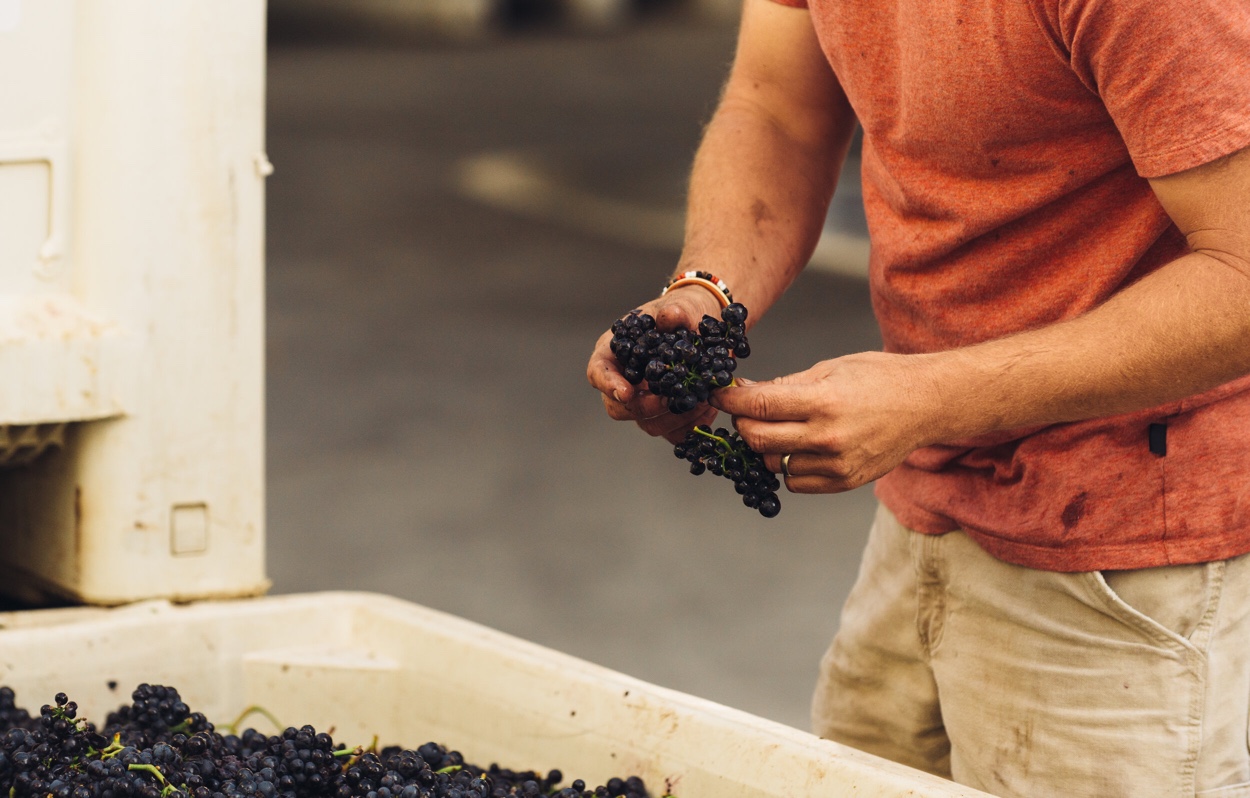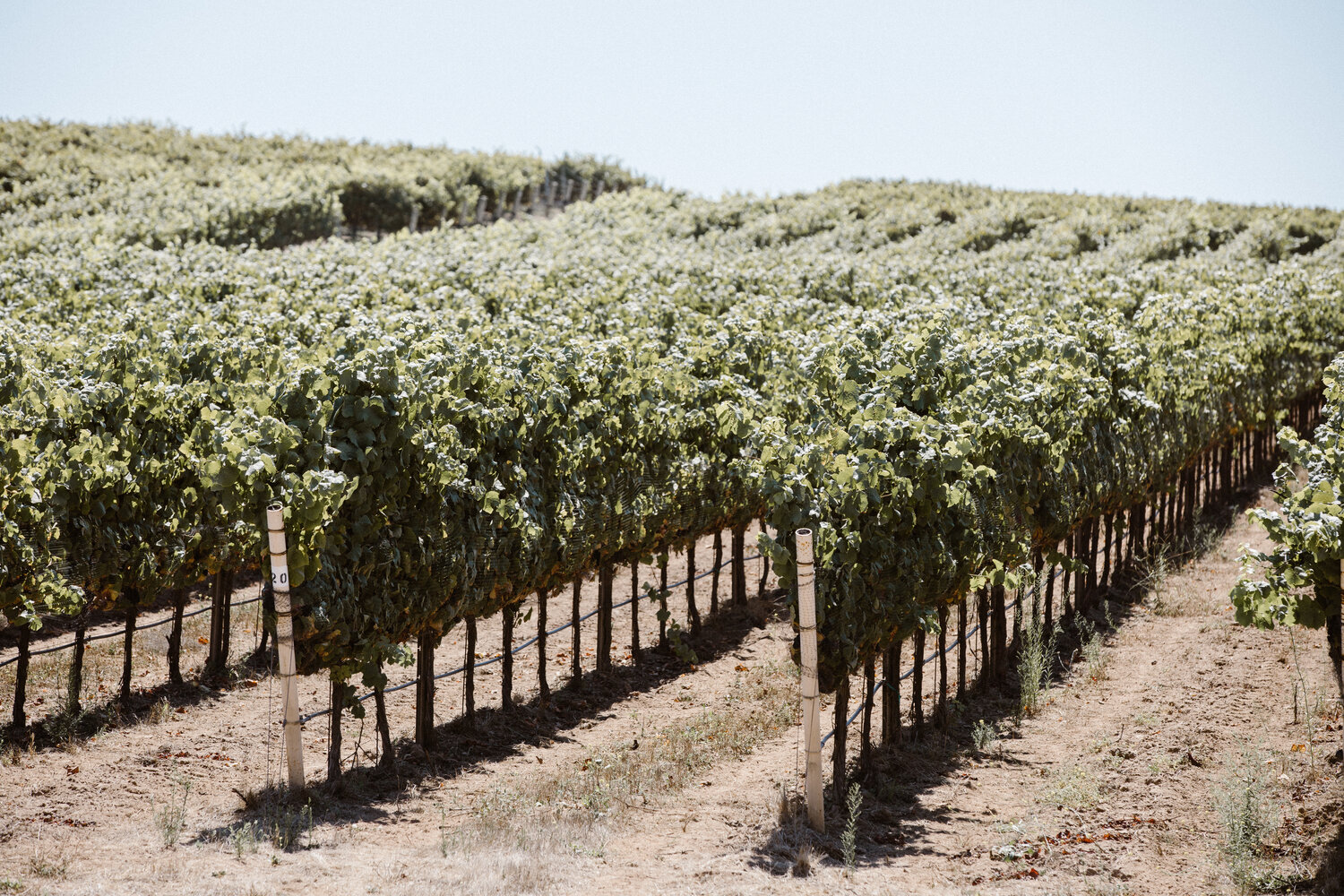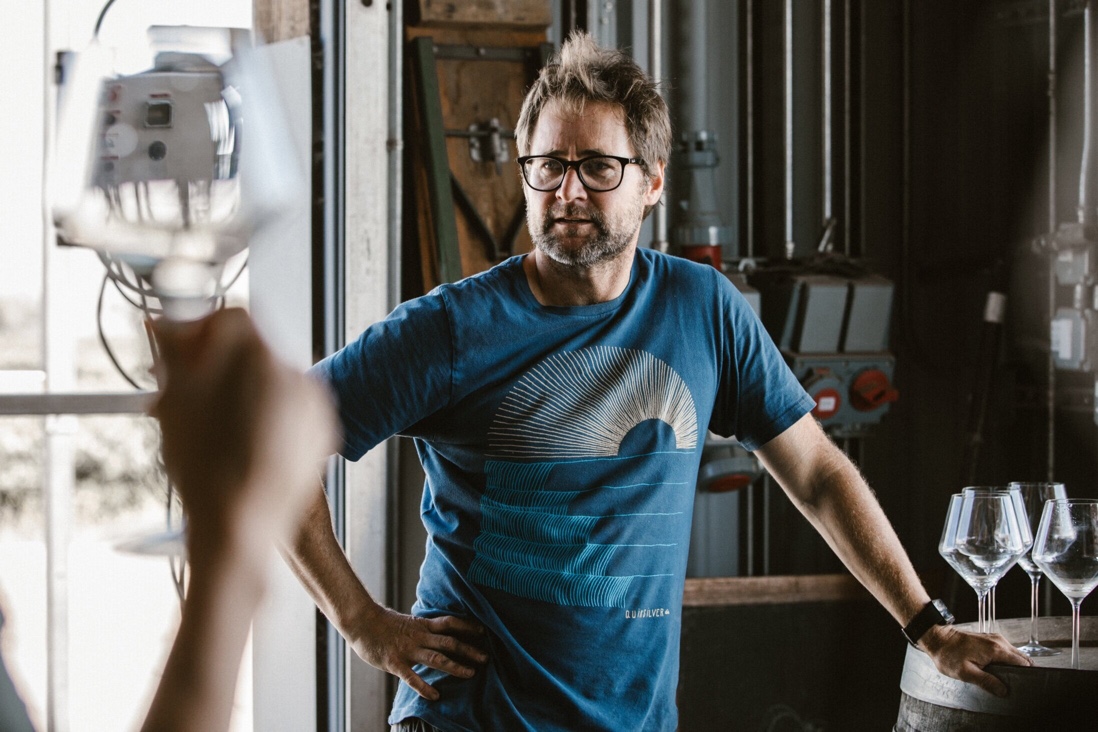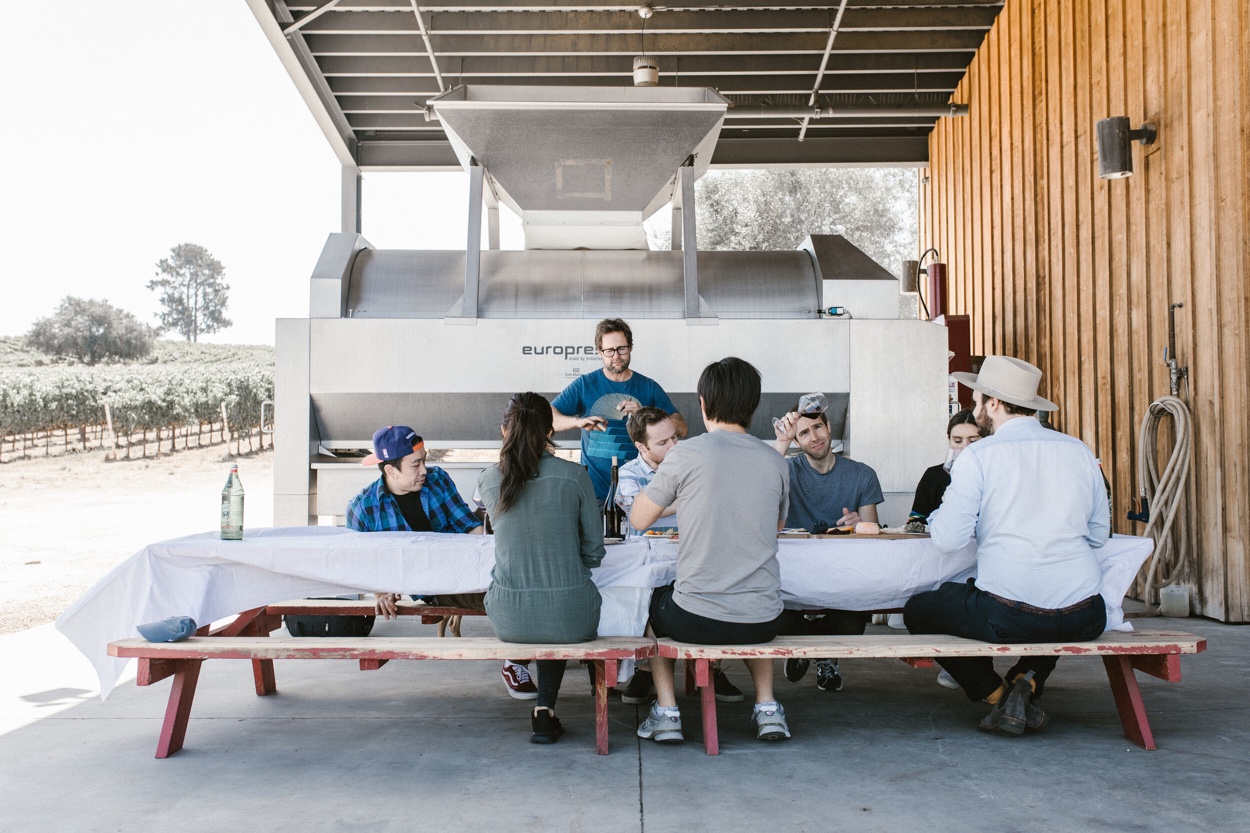2020 Storm Watch Hill Vineyard Grenache Rosé
Fruit for this bright and thirst-quenching rosé was sourced from Watch Hill Vineyard in the Los Alamos Valley. The Mediterranean climate combined with older vines creates fruit with exceptional balance and depth. Organically farmed and only 150 cases produced.
Watch Hill Vineyard was planted in 2002, meaning this year marks the site’s 20th birthday!
- Tasting Notes watermelon, white cherries, blood orange and orange blossoms
- Variety Grenache
- Region United States, California, Central Coast
- Volume 750mL
- Alcohol Volume 12.50%
- Table Talk This rosé is made via the Saignee method with 24-hour skin contact to get its salmon hue.
$28.00
Out of stock
Pairs with
Rooted in the hills of Santa Barbara County, Storm Wines emphasizes old world influences and new world techniques. The Mediterranean climate, diverse soils, and exciting new opportunities in this budding Central Coast wine region have combined to drive Ernst’s passion for producing his wine. You’re invited to experience the unique personality of both vintage and site in Storm Wines. Our wines are truly handcrafted using a combination of Old and New World winemaking techniques. They express the unique qualities our fruit embodies due to its local environment.
ERNST STORM
South African winemaker Ernst Storm first came to Santa Barbara in 2003 after finishing his studies at Elsenburg Agricultural School in the Western Cape. He didn’t know anyone or much about the area, but he wanted to experience a harvest somewhere new and climatically similar to the Western Cape. “I wanted to work in an area where I was able to make more classically-styled wines. I set out from the beginning to try and establish a philosophy around a certain style and Santa Barbara offered that.” Classically-styled wines tend to be grown in cooler climates and are fresher, lower in alcohol and capture where they are from.
Storm produces about 2,000 cases annually, focusing on classically-styled wines from sauvignon blanc, pinot noir and syrah. I asked Ernst why he focuses on small production and his answer was simple. “I am able to do most of the winemaking myself. Which I feel you can’t do anymore once you reach a certain size.” He expanded, telling me that “…if you keep it small, you can treat every wine you make, like it’s the only wine.” This mentality and dedication to craft is one of the reasons we started Argaux in the first place, and it’s one of the reasons we’ve enjoyed working with Ernst since the beginning.










